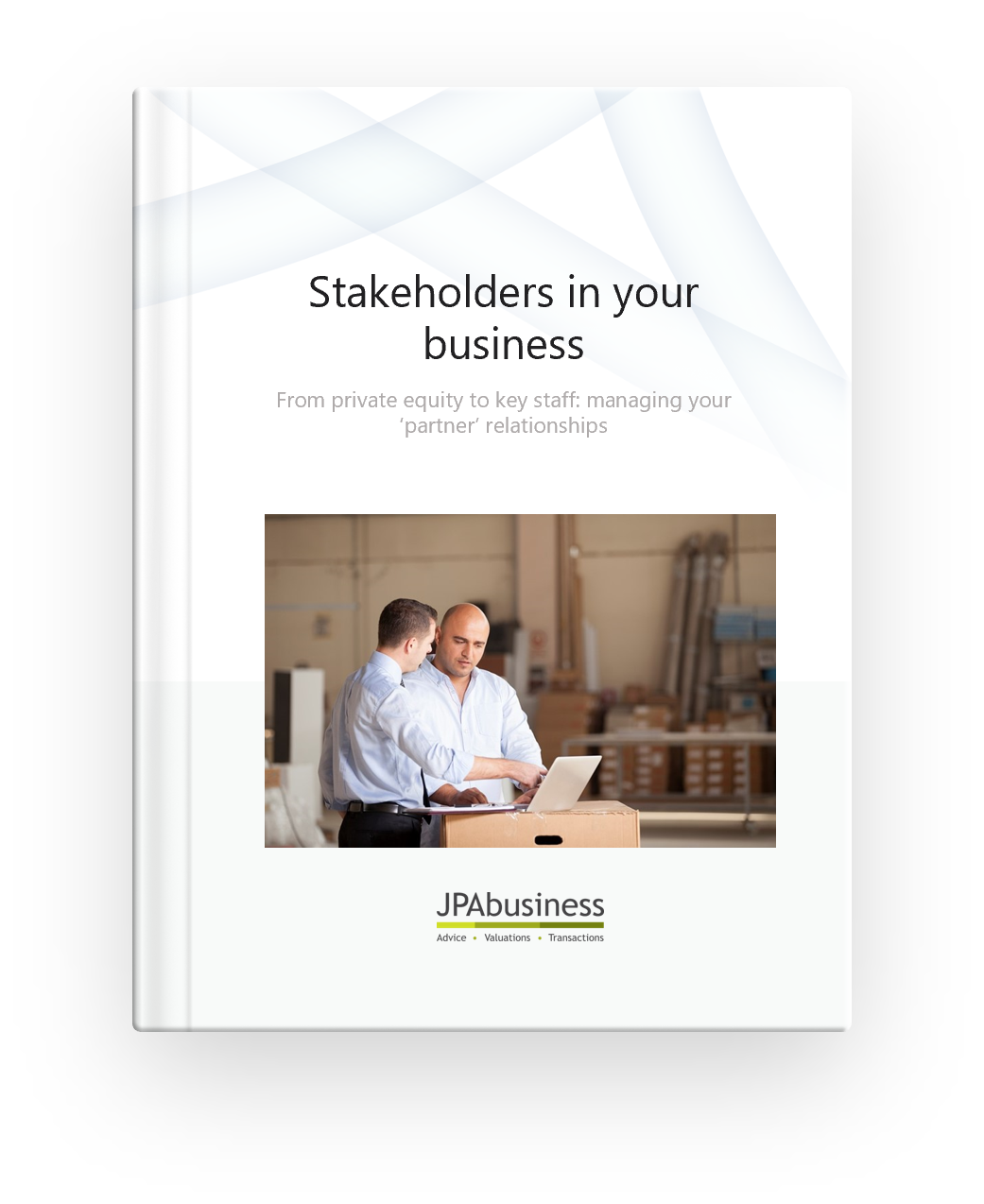
Share ownership is often considered by private mid-cap and small business firms as a way to have a more meaningful relationship with key members of the team.
Basically, employee shareholding arrangements involve applying mechanisms to enable key personnel to share in the earnings, performance and direction of your business.
Providing employees with an opportunity to share in your business is seen as a way to motivate their performance and engagement; to help them see their work as more than just a job – it’s an interesting idea.
There are usually four main situations, or drivers, where employers offer their team members shares:
- long-term performance;
- succession plans;
- exit plans; and
- start-up businesses.
Alibaba founder looks to the long term
A while ago I read an article (AFR Weekend, 25–26 June 2016) about Chinese e-commerce colossus Alibaba and the employee-savvy quirks founder, Jack Ma, has in motivating and managing his team.
This quote from the story is worth sharing in the context of employee ownership:
One of Jack’s favourite messages to employees, and a ‘bit’ in his comedy routine [when motivating his people] is:
“Today is brutal, tomorrow is more brutal, but the day after tomorrow is beautiful. However, the majority of people will die tomorrow night.”
Let’s put aside the literal meaning for now.
If you replace ‘today’ and ‘tomorrow’ with ‘this year’ and ‘next year’, this quote really encapsulates what employee ownership is all about.
Employee ownership is not about paying a bonus or providing an incentive for this week’s, this month’s or this year’s performance – it’s about a long-term incentive.
The goal is to enable a key member of your team to share in the risks and rewards of the business’ growth over a sustained period.
Ownership should be granted or offered to a team member who:
- makes a difference over the long term
- is engaged in the business and its successes and challenges on a level that is ‘more than just a job’
- is prepared to ride through the difficulties and opportunities alike, along the journey of business evolution.
Employee share plan alternatives
Often our clients ask us to assist with mechanisms for employee ownership.
Here are some concepts to consider:
Concept 1 – Share plans that offer a full equity investment in the company by way of the purchase of ‘ordinary equity’. Traditional share ownership provides the share owner with all the rights and risks associated with owning equity in a private company.
Concept 2 – Employee share arrangements that offer the opportunity for eligible employees to purchase ‘pseudo’ equity i.e. shares or instruments that pay dividends but may not provide the holder with the other rights associated with traditional share ownership (e.g. voting rights).
Concept 3 – The issue of options to purchase either ‘ordinary equity’ or ‘pseudo equity’, or both, based on a certain set of parameters (sometimes linked to company performance hurdles). Options provide the right, but not the obligation, to purchase share equity at a future point in time – it’s a useful mechanism to enhance the long-term participation of a key employee.
Concept 4 – Either of the concepts above can include the employee purchasing the shares upfront at ‘market value’ or there can be an agreed mechanism to purchase or have shares issued over time, based on certain hurdles being met and via a loan from the company or shareholder, by salary sacrifice arrangements, or by using the dividends received from the shares.
Key considerations
The type of ownership mechanism that is the best fit for your business will depend on your strategic intent and direction, and the drivers for a deeper relationship with key team members.
Along with the structuring involved to ensure the best-fit plan for your business and team, communication on the ‘rules of engagement’ upfront and ongoing are critical – a clear and agreed shareholders’ agreement is very important.
Also, depending on how your employee ownership arrangements are designed, there may be taxation, regulatory provisions and cash flow impacts that can affect the attractiveness of shares to employees – these provisions need to be closely considered.
If you would like an initial, no obligation, confidential consultation on employee share ownership arrangements for your business, please contact the JPAbusiness team on 02 6360 0360.
To learn more about this topic, read our free ebook: Stakeholders in Your Business.

